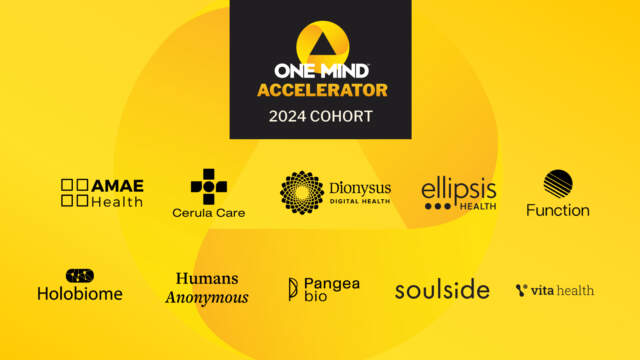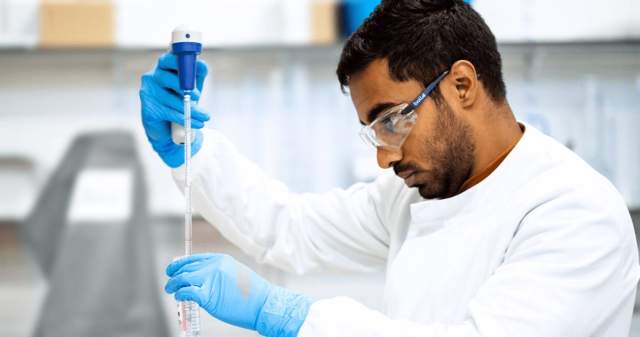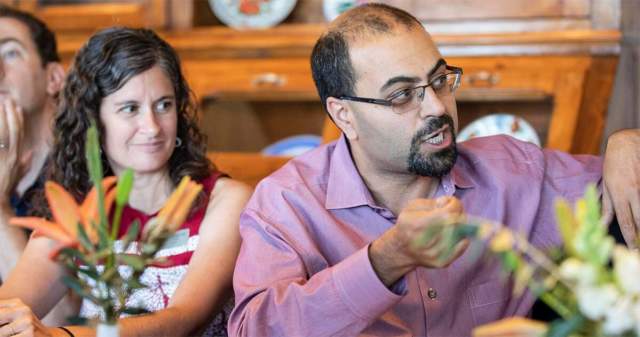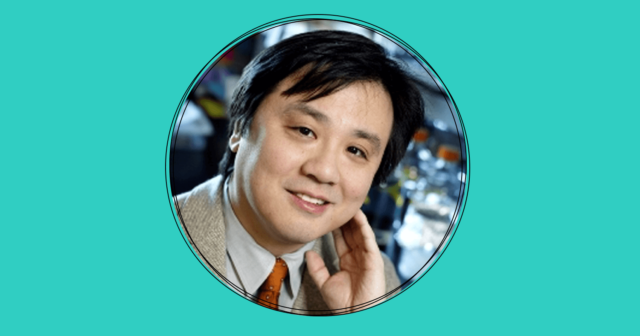One Mind Rising Star Awardee Profile:
Akira Sawa, MD, PhD, is the Director and Endowed Chair, Johns Hopkins Schizophrenia Center, Johns Hopkins University School of Medicine and Bloomberg School of Health who also won a One Mind Rising Star Award earlier in his career.
Dr. Sawa’s research career started when he joined Johns Hopkins University in 1996 as a postdoctoral fellow after his residency and clinical fellowship in the University of Tokyo. His work blossomed during the next decade, advancing neurobiology and genetics with the publication of over 100 papers in prestigious journals, including collaborations with Dr. Solomon Snyder, who likely will be awarded a Noble Prize in the near future.
In 2007, Dr. Sawa won a One Mind Rising Star Award for his proposed research on understanding why DISC1 (Disrupted-in-Schizophrenia) is a schizophrenia risk factor. As is the case with every One Mind Rising Star Awardee in the year they win their award, One Mind invited Dr. Sawa to attend the 2007 One Mind Music Festival for Brain Health and to present his research plans at the Scientific Symposium portion of the event. He did so, with his attendance serving value to the guests, but also himself.
“My experience at the 2007 Music Festival for Brain Health was career changing” Dr. Sawa says. “As a young researcher just starting out, the event provided me with the opportunity to meet some of the most accomplished neuroscientists in our field and reinforced my support of collaborative research.”
One such neuroscientist was Dr. Stephen Hyman, who now co-chairs the One Mind Scientific Advisory Board and is the Director of the Stanley Center for Psychiatric Research at Broad Institute of MIT and Harvard. Having first met at the Music Festival where they quickly bonded, Dr. Hyman and Dr. Sawa stayed in close contact, with Dr. Hyman becoming a mentor for Dr. Sawa. Through this mentorship, Dr. Hyman shared his support for teamwork and collaborative research, which is a focus that each of them continue to uphold to this day.
Dr. Sawa’s support for teamwork and collaborative research can be seen in the work he does now as the Director of the Johns Hopkins Schizophrenia Center. From 2012 to 2019, Dr. Sawa worked to build up the Center and establish it as a venue where comprehensive clinical study takes place with his many junior researchers. Dr. Sawa takes pride in the fact that for most of these years, his focus was on being a mentor for the junior researchers at the Center rather than focusing on his own research. In addition to his success in fostering his mentees in neuroscience, this focus has paid off for his clinical mentees as well; including Jennifer Coughlin who won a One Mind Rising Star Award in 2019, and Thomas Sedlak, Nicola Cascella, Fred Nucifora, and more. All of these mentees have made significant progress in their careers, each becoming a professor or associate professor.
In 2019, with his mentees careers confirmed, Dr. Sawa refocused his work back to his research in his own lab, leveraging the many promising leads developed from the past 10+ years of clinical study. Research on DISC1, which he won his 2007 Rising Star Award for, is still a central focus in his lab, with other leads such as his work on glutathione being explored.
As proof via a trio of research papers that were recently published, Dr. Sawa and his team have made significant advancements in their research on glutathione, a chemical cousin related to the glutamate neurotransmitter in the brain that is used to exert antioxidant effects that may be linked to neurodegenerative and neuropsychiatric disorders.
In a paper published in the Proceedings of the National Academy of Sciences, Dr. Sawa’s team in particular with Dr. Thomas Sedlak reported that glutathione is a relevant reservoir for the formation of glutamate and that it may function as an antioxidant in the brain.
In addition, per their research published in the journal JAMA Psychiatry, Dr. Sawa and his team found that glutathione was significantly lower in multiple brain areas in the subjects with first-episode psychosis. They found this by testing and comparing the brains of 81 human subjects who were recently diagnosed with first-episode psychosis with 91 healthy controls.
It has been known that sulforaphane raises levels of glutathione in the bloodstream. To test this, Dr. Sawa and his team administered a week-long study to healthy human subjects, who each orally consumed two gel capsules a day that contained this broccoli sprout extract. Results from the study that was published in Molecular Neuropsychiatry did indeed show that for those who did take the extract, the glutathione levels in their blood stream significantly increased.
Dr. Sawa remains optimistic about the research being done that focuses on the use of glutathione to exert antioxidant effects. He believes that if the human subjects who are participating in the research can be stratified and a biomarker can be confirmed, a glutathione based treatment for neurodegenerative and neuropsychiatric disorders could be developed within the next five years.
One Mind is incredibly proud when we see the recipients of our Rising Star Awards achieve substantial success as their careers progress. In the research Dr. Sawa and his team have done to advance possible therapies for schizophrenia, to the more collaborative culture Dr. Sawa is spearheading at Johns Hopkins University and his collaborations with his junior colleagues, Dr. Sawa has proven his pedigree on many levels. The gratitude we have for Dr. Sawa and what he has given to the brain science community is immense and we are thankful to have helped support his career trajectory.
To learn more about Dr. Sawa, we invite you to listen to and view the live-streamed Brain Waves conversation he and One Mind President, Brandon Staglin had in January 2020.






